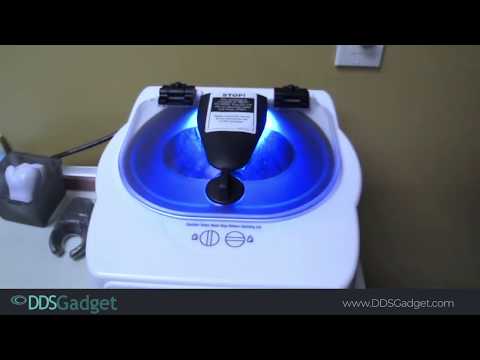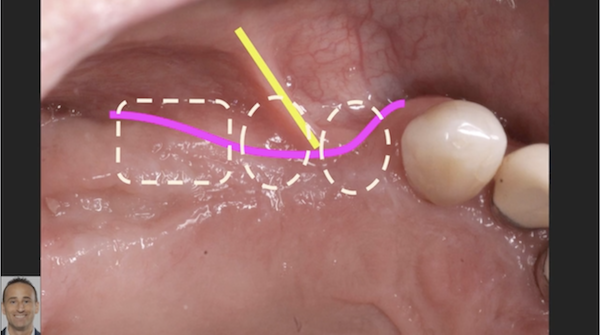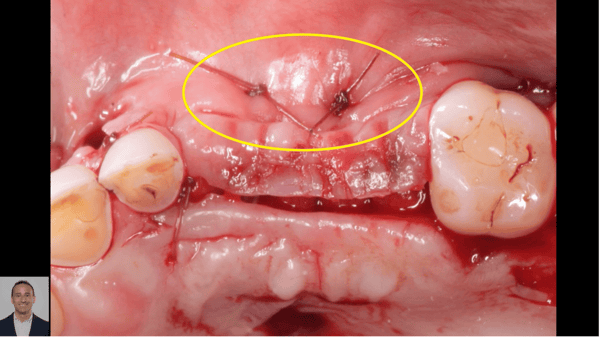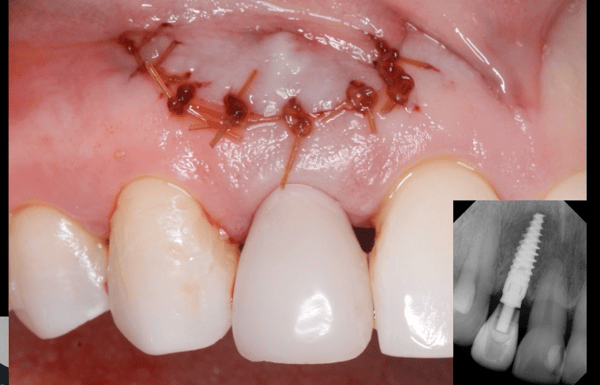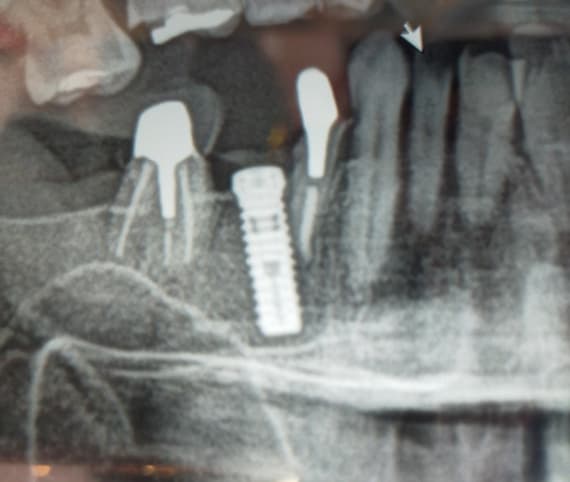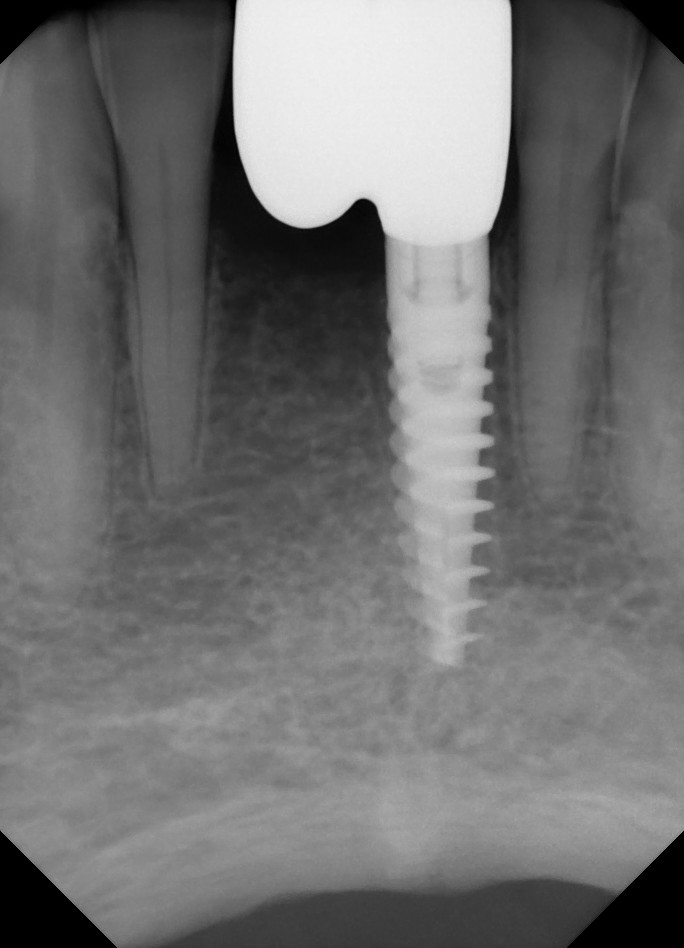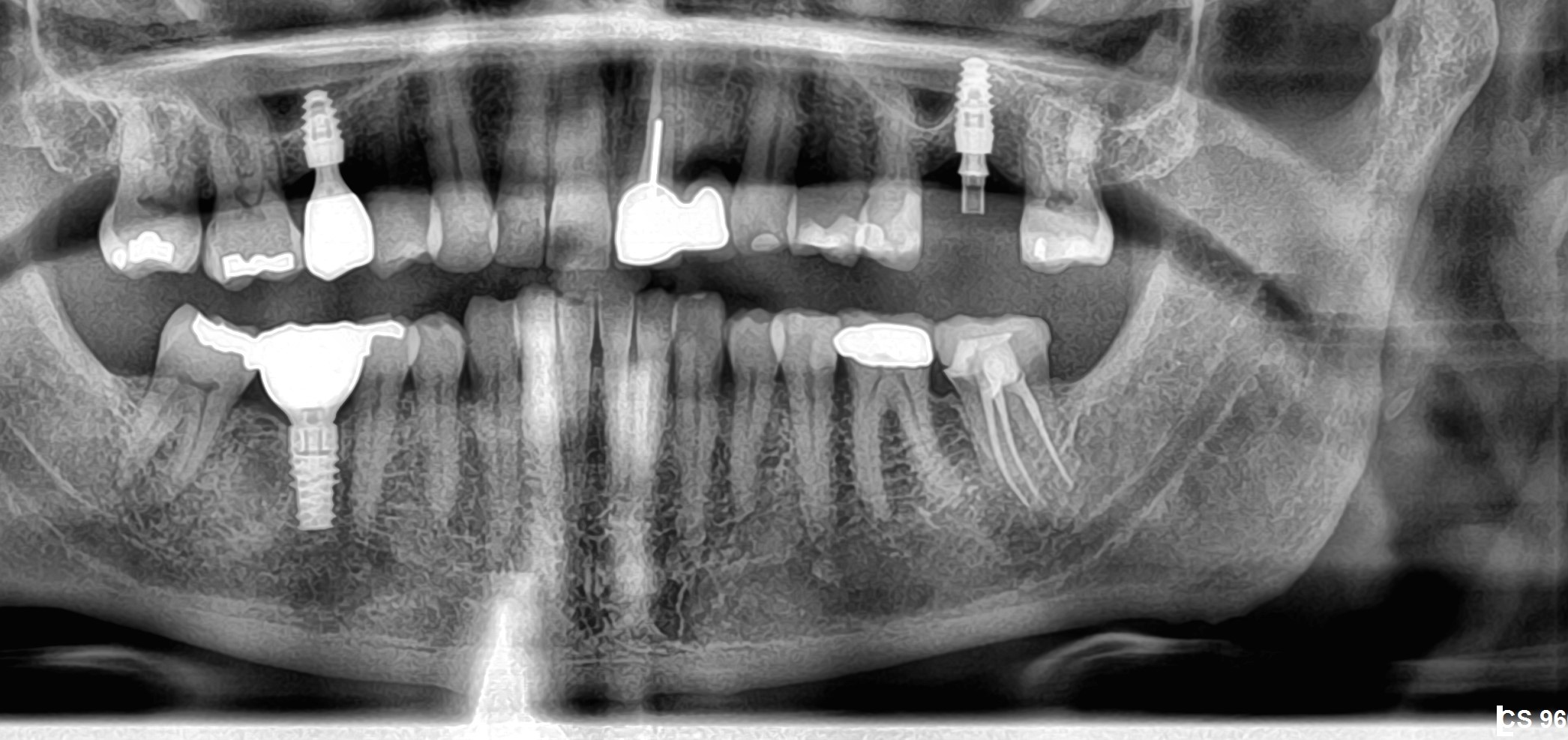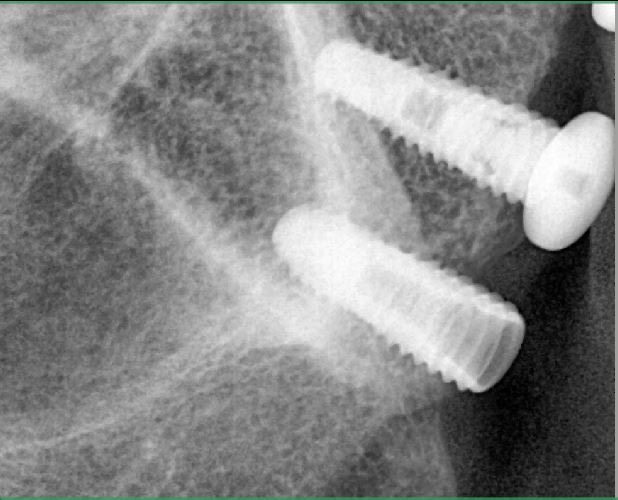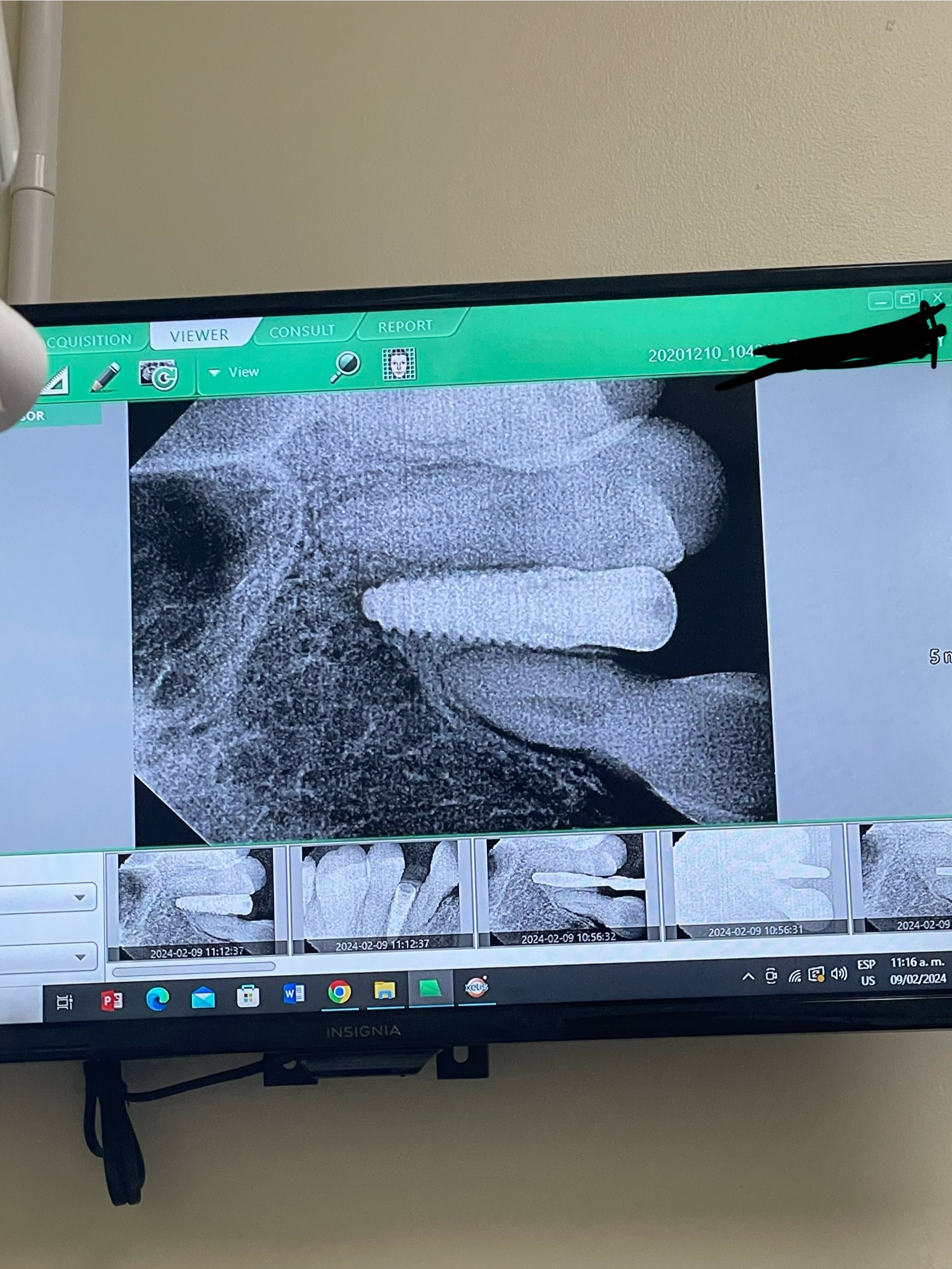Extracting too many teeth and replacing them with implants?
Are we extracting too many teeth and replacing them with dental implants? Before implants, we did more root canal treatment, crown elongation, complex crown and bridge and perio-prostheses. Now, endodontists are also installing implants. We do not retain teeth with poor or marginal prognosis but instead extract and replace with implants. Implants have completely changed the way we do treatment planning for crown and bridge and removable partial and complete dentures as well as overdentures.
Given the current treatment protocols, is it fair to inquire whether we are too ready on the trigger to extract and replace with implants? What has happened to conservative dentistry? Is this simply the next step in the evolution of dentistry or have we gone to an opposite extreme?
*Editor’s Note: The following research articles may be of interest when addressing the question in this post*- [Periodontal treatment or extraction and implant insertion?](http://www.dentaleconomics.com/articles/print/volume-99/issue-4/columns/implant-dentistry/periodontal-treatment-or-extraction-and-implant-insertion.html) Dental Economics. Carl E. Misch GS, DDS, MDS, PhD (h.c.). Jennifer T. Silc, DDS, MS - [Endodontics or implants? A review of decisive criteria and guidelines for single tooth restorations and full arch reconstructions.](http://www.ncbi.nlm.nih.gov/pubmed/19548936) Int Endod J. 2009 Sep;42(9):757-74 - [Should retention of a tooth be an important goal of dentistry?](http://www.ncbi.nlm.nih.gov/pubmed/25850364) Aust Endod J. 2015 Apr;41(1):2-6. - [Should endodontists place dental implants? A national survey of general dentists.](http://www.ncbi.nlm.nih.gov/pubmed/21924183) J Endod. 2011 Oct;37(10):1365-9. - [Longitudinal supportive periodontal therapy for severe chronic periodontitis with furcation involvement.](http://www.ncbi.nlm.nih.gov/pubmed/24521550#) Bull Tokyo Dent Coll. 2013;54(4):243-50.




